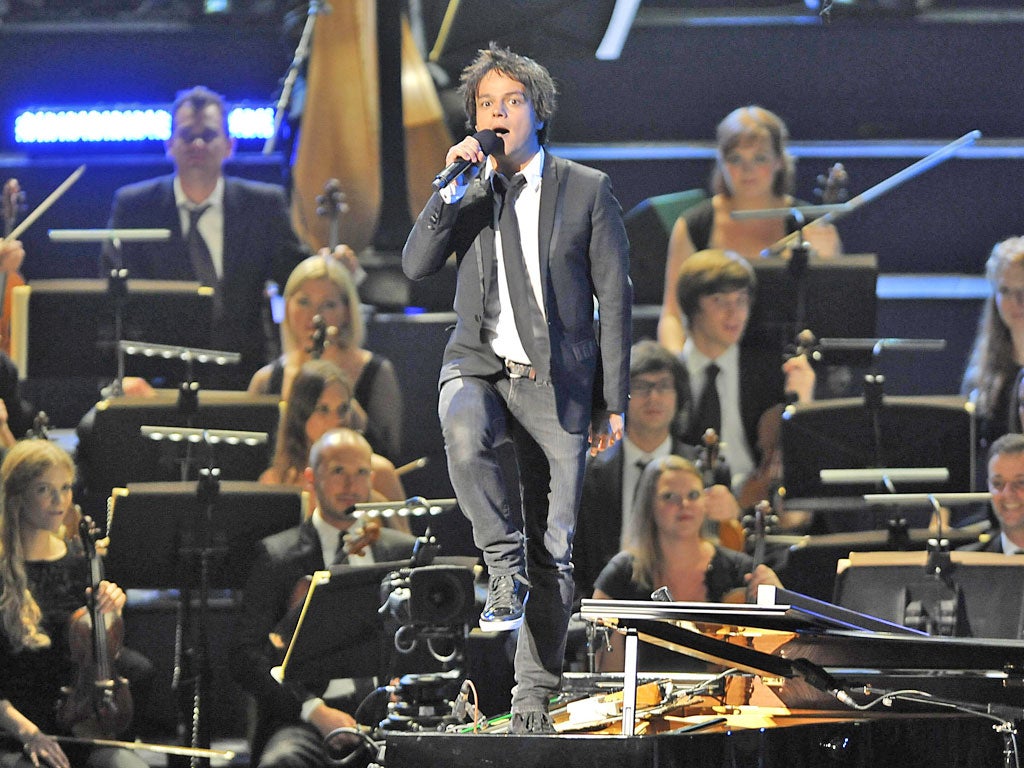David Lister: Don't bother appointing a new boss at the Arts Council – just abolish this quango
The Week in Arts

Your support helps us to tell the story
From reproductive rights to climate change to Big Tech, The Independent is on the ground when the story is developing. Whether it's investigating the financials of Elon Musk's pro-Trump PAC or producing our latest documentary, 'The A Word', which shines a light on the American women fighting for reproductive rights, we know how important it is to parse out the facts from the messaging.
At such a critical moment in US history, we need reporters on the ground. Your donation allows us to keep sending journalists to speak to both sides of the story.
The Independent is trusted by Americans across the entire political spectrum. And unlike many other quality news outlets, we choose not to lock Americans out of our reporting and analysis with paywalls. We believe quality journalism should be available to everyone, paid for by those who can afford it.
Your support makes all the difference.The Culture Secretary Jeremy Hunt has decided not to reappoint Dame Liz Forgan as chair of the Arts Council. There is inevitably speculation as to whom he will appoint to succeed her. In the frame are said to be Michael Portillo, the former Conservative minister, Veronica Wadley, the former newspaper editor and already the Arts Council's London chair, and Peter Bazalgette, the television executive, who can boast, if he chooses to, of inventing Big Brother.
But why is Mr Hunt searching for anyone? Wouldn't this be a good moment for him to ask himself why exactly he, and we, need an Arts Council? The Arts Council, though it hates the words, is an unelected quango. It distributes hundreds of millions of pounds to arts organisations, decides which ones to fund, and of course which ones to cut. Its decisions on both of these vital matters are taken in private.
What its existence means is that Mr Hunt is absolved from responsibility on these absolutely key cultural matters. If he is asked a question in the House of Commons, he can and does reply: "That is a matter for the Arts Council." Democratic? I think not.
In no other area of British life does such a situation exist. There is no Health Council, no Education Council, no Environment Council. Ministers with these portfolios have to take decisions and be accountable for them. But not the arts. It has long been decreed that the arts are too important, too sensitive, for ministers and their civil servants, more important than health and education apparently, and there must be a much vaunted "arm's-length principle" to stop ministers interfering.
This belief that the arm's-length principle is necessary – otherwise ministers will fund art sympathetic to their beliefs and cut companies putting on challenging, radical art – has always seemed to me absurd. Such blatant, ideological choices would be obvious a mile off, and there would be an outcry.
This is not to say that the Arts Council doesn't have good people running it. It does. But they could be advisers to the Government in the normal way, and their expertise would be used. This is not to say that the Council's decisions over which companies to cut in the latest, difficult round of budget reductions were not taken carefully and correctly. I have no idea, as the meetings were closed.
The arts, I would say especially the arts, need to be run in a democratic and accountable way. Isn't it odd that our great subsidised theatres that satirise so many parts of British life never question this fundamental lack of democracy in the arts? But then, of course, they are in receipt of quite a lot of money from the Arts Council.
Jeremy Hunt, I believe, shares some of my concerns about the lack of democracy in running the arts. He could do something far more radical than find an interesting figure to chair this quango. He could say: "I am elected. I am accountable. I will be the first arts minister to run the arts."
When only your own sounds will do
I always admire people who go on to Desert Island Discs and can find few records to take to the island as good as their own. It shows an enviable self-confidence. The diva Dame Elisabeth Schwarzkopf famously chose seven of the eight records with the voice of Dame Elisabeth Schwarzkopf. But in recent times, castaways have been more modest.
So congratulations to Jamie Cullum who managed to choose three of his own performances. Two of them were songs by Elton John and Randy Newman, no slouches in the singing department, but why take their voices to the island when Jamie can take his own reinterpretations? His chosen luxury items were paper and pencils. No doubt he wanted them so he could do plenty of drawings – of Jamie Cullum.
Mrs Thatcher's finest flowering
It was good to see Julian Spalding return to the fray this week.The former director of Glasgow's museums and galleries, was having a pop at Damien Hirst, and whether or not you agree with him, it made for lively reading. It also brought back to mind one of the more memorable moments in art history that Julian was involved with and told me about. It was during Mrs Thatcher's premiership. The Prime Minister was visiting his gallery as news was breaking about the record sale of Van Gogh's Sunflowers.
"Isn't it amazing, Mr Spalding," she said to him, "all that money for those chrysanthemums."
"Sunflowers, I believe, Prime Minister," he replied.
"And do you know, Mr Spalding," she went on regardless, "they weren't even his best chrysanthemums!"
Twitter: @davidlister1
Join our commenting forum
Join thought-provoking conversations, follow other Independent readers and see their replies
Comments